Home>Home Appliances>Home Automation Appliances>What Is Better: Alexa Or Google Assistant?
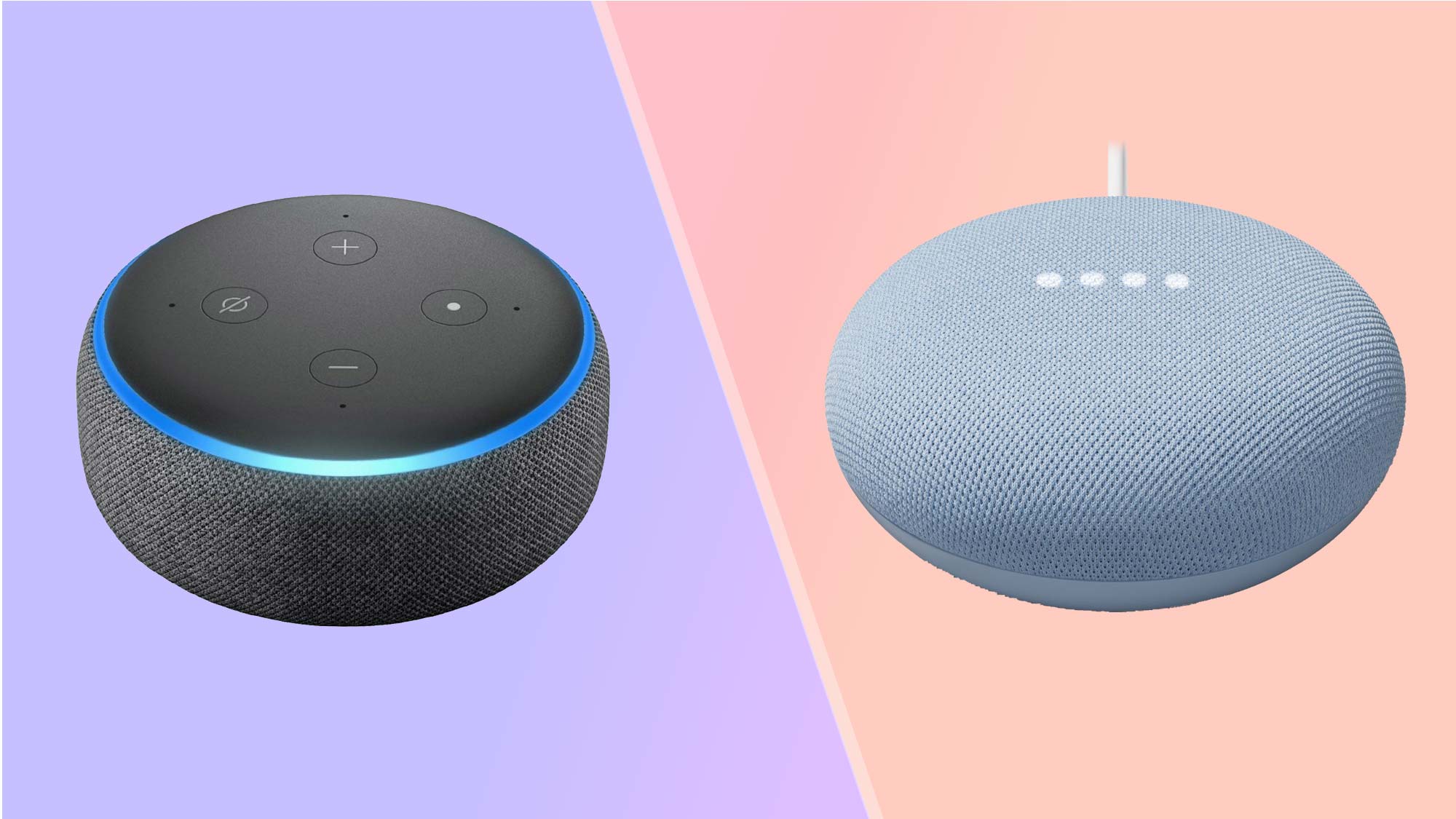

Home Automation Appliances
What Is Better: Alexa Or Google Assistant?
Published: December 31, 2023
Discover which home automation appliances work better with Alexa and Google Assistant to make an informed decision for your smart home. Explore the pros and cons of each to find the best fit for your needs.
(Many of the links in this article redirect to a specific reviewed product. Your purchase of these products through affiliate links helps to generate commission for Storables.com, at no extra cost. Learn more)
**
Introduction
**
In the ever-evolving landscape of smart home technology, the choice between voice assistants can be a pivotal decision. The two frontrunners in this domain, Alexa and Google Assistant, have revolutionized the way we interact with our homes, providing seamless integration and intuitive control over a wide array of smart devices. As we delve into the features, compatibility, voice recognition, smart home integration, knowledge and information, and customization and personalization of these platforms, we aim to shed light on the nuances that differentiate them. By the end of this exploration, you will have a clearer understanding of which voice assistant aligns best with your needs and preferences.
**
Key Takeaways:
- Alexa and Google Assistant offer unique features and integrations for smart homes, with Alexa excelling in skills and smart home control, while Google Assistant leverages Google’s knowledge for accurate information and personalization.
- Both Alexa and Google Assistant have advanced voice recognition and offer seamless smart home integration, but the choice between them depends on individual preferences and specific smart home device compatibility.
Read more: What Is Google Home Assistant
Features
**
Both Alexa and Google Assistant boast an impressive array of features designed to streamline daily tasks and enhance the smart home experience. Alexa, developed by Amazon, serves as the brain behind the Echo line of smart speakers and a myriad of compatible devices. It excels in providing a wide range of skills, enabling users to perform tasks such as setting reminders, creating shopping lists, playing music, and controlling smart home devices with effortless voice commands. On the other hand, Google Assistant, the AI-powered virtual assistant, offers similar functionalities with a focus on leveraging Google’s vast knowledge graph to provide accurate and contextually relevant responses to user queries. Its integration with Google’s ecosystem allows for seamless access to services like Google Calendar, Maps, and Gmail, enhancing productivity and convenience.
While both platforms excel in offering a multitude of features, the distinction lies in the specific capabilities and integrations unique to each ecosystem. Alexa’s robust skill set and compatibility with a wide range of third-party devices make it a versatile choice for smart home enthusiasts. Google Assistant, on the other hand, leverages Google’s search expertise to deliver comprehensive and accurate responses, making it an invaluable source of information and assistance.
As the battle between Alexa and Google Assistant continues to unfold, the competition drives innovation, resulting in continuous improvements and additions to their respective feature sets. Whether it’s the ability to make phone calls, send messages, or control smart appliances, both platforms strive to offer a comprehensive suite of features to cater to diverse user needs.
**
Compatibility
**
When it comes to compatibility, both Alexa and Google Assistant have made significant strides in integrating with a wide range of smart home devices and platforms. Alexa, with its extensive list of compatible products and services, has established itself as a frontrunner in the realm of smart home integration. From smart lights and thermostats to security cameras and kitchen appliances, Alexa’s compatibility with a diverse array of devices offers users the flexibility to create a customized and interconnected smart home ecosystem.
Similarly, Google Assistant has solidified its position as a versatile and adaptable voice assistant, seamlessly integrating with an ever-expanding list of smart home devices. With support for popular brands and a growing ecosystem of compatible products, Google Assistant empowers users to control and manage their smart home devices with ease and efficiency.
While both platforms continue to expand their compatibility with third-party devices, the decision between Alexa and Google Assistant may hinge on the specific smart home products you own or intend to incorporate into your living space. Understanding the compatibility of each voice assistant with the devices and services you rely on is essential in making an informed choice that aligns with your smart home setup and preferences.
As the smart home market evolves and new devices enter the fray, the compatibility of voice assistants with emerging technologies will play a pivotal role in shaping the user experience. Whether it’s seamless integration with smart TVs, door locks, or home security systems, the ability of Alexa and Google Assistant to adapt to an ever-changing landscape of smart home devices underscores their importance in the realm of home automation.
**
Voice Recognition
**
The ability of a voice assistant to accurately recognize and interpret user commands is a cornerstone of its functionality. In this regard, both Alexa and Google Assistant have made significant advancements in voice recognition technology, enabling them to understand and respond to a diverse range of voice commands and queries.
Alexa, with its far-field voice recognition capabilities, excels in understanding natural language commands from a distance, even in noisy environments. This feature, coupled with Amazon’s continuous refinement of Alexa’s voice recognition algorithms, ensures that the assistant accurately captures and processes user input, enhancing the overall user experience.
Similarly, Google Assistant leverages advanced natural language processing and machine learning algorithms to interpret user commands with a high degree of accuracy. Its ability to understand context and conversational nuances enables seamless interactions, allowing users to issue multiple commands in a single sentence and receive accurate and relevant responses.
While both Alexa and Google Assistant demonstrate impressive voice recognition capabilities, the distinction lies in the underlying technologies and the specific scenarios in which they excel. Alexa’s proficiency in understanding voice commands in noisy environments and from a distance makes it an ideal choice for scenarios where hands-free interaction is paramount, such as in the kitchen or living room. On the other hand, Google Assistant’s contextual understanding and conversational prowess shine in scenarios that require nuanced interactions and complex queries, such as seeking detailed information or engaging in multi-step tasks.
As voice recognition technology continues to evolve, the competition between Alexa and Google Assistant drives continuous improvements, resulting in enhanced accuracy and responsiveness. The ongoing advancements in voice recognition not only elevate the user experience but also pave the way for innovative applications in various domains, from accessibility and productivity to entertainment and beyond.
**
When choosing between Alexa and Google Assistant, consider your existing smart home devices and which platform they are compatible with. It’s important to ensure that your chosen assistant can seamlessly integrate with your current setup for a smoother user experience.
Smart Home Integration
**
Smart home integration stands at the forefront of the capabilities offered by voice assistants, and both Alexa and Google Assistant have cemented their positions as powerful facilitators of seamless smart home control and automation. Alexa, with its extensive compatibility with a myriad of smart home devices and platforms, empowers users to effortlessly manage and customize their smart home ecosystem. Whether it’s adjusting the lighting, controlling the thermostat, or managing security cameras, Alexa’s intuitive voice commands and routines streamline daily interactions with smart devices.
Similarly, Google Assistant’s robust integration with a wide array of smart home products and services positions it as a formidable ally in the realm of home automation. The ability to create custom routines, control devices with natural language commands, and leverage the Google Home app for centralized management underscores Google Assistant’s commitment to delivering a cohesive and interconnected smart home experience.
As the competition between Alexa and Google Assistant fuels innovation, the focus on smart home integration remains a pivotal area of development. Both platforms continue to expand their compatibility with new devices, enhance interoperability with existing products, and introduce features that elevate the convenience and efficiency of smart home control.
Whether it’s the ability to create intricate automation sequences, integrate with popular smart home platforms, or facilitate voice-controlled interactions with a diverse range of devices, the smart home integration capabilities of Alexa and Google Assistant play a central role in shaping the modern home environment. The seamless orchestration of smart devices through voice commands not only enhances convenience but also contributes to energy efficiency, security, and overall comfort within the home.
**
Read more: Who Is Better: Google, Alexa, Or Siri
Knowledge and Information
**
When it comes to knowledge and information, Google Assistant’s roots in the powerful search capabilities of Google’s ecosystem set it apart as a formidable source of accurate and comprehensive information. Leveraging Google’s vast knowledge graph and search index, Google Assistant excels in providing contextually relevant and up-to-date answers to a wide range of queries. Whether it’s seeking information about current events, historical facts, or specific topics, Google Assistant’s ability to tap into the wealth of knowledge curated by Google positions it as an invaluable tool for accessing information.
On the other hand, Alexa’s prowess lies in its extensive library of skills and third-party integrations, allowing users to access information and perform tasks through a diverse array of voice-activated applications. While Alexa may not match Google Assistant’s direct access to Google’s search index, its skill set covers a broad spectrum of functionalities, from checking the weather and news to accessing specialized knowledge in domains such as cooking, fitness, and more.
Both Alexa and Google Assistant continue to refine their capabilities in providing accurate and relevant information, with a focus on enhancing the user experience and delivering value across various domains. The competition between the two platforms drives continuous improvements, resulting in a rich tapestry of knowledge and information accessible through voice commands.
As users seek reliable and instantaneous access to information, the knowledge and information capabilities of Alexa and Google Assistant play a pivotal role in shaping the utility and appeal of voice assistants. Whether it’s settling trivia disputes, learning new skills, or staying informed about the latest developments, the ability of voice assistants to serve as trusted sources of knowledge underscores their significance in the modern digital landscape.
**
Customization and Personalization
**
Customization and personalization are key aspects that contribute to the user experience and the seamless integration of voice assistants into daily routines. Both Alexa and Google Assistant offer a range of features and settings that allow users to tailor their interactions and preferences, creating a personalized and adaptive environment.
Alexa’s customizable skills and routines enable users to create personalized commands and sequences, fostering a tailored experience that aligns with individual needs and preferences. Whether it’s setting up custom routines for specific times of the day, integrating third-party skills to extend functionality, or personalizing voice responses, Alexa empowers users to mold their interactions with the assistant to suit their unique requirements.
Similarly, Google Assistant’s emphasis on personalization is evident through features such as My Day, which provides a customized briefing based on the user’s schedule, preferences, and interests. The ability to configure preferences for news sources, music services, and smart home devices enhances the tailored experience offered by Google Assistant, allowing users to curate their interactions with the assistant to reflect their individual lifestyles.
As the competition between Alexa and Google Assistant drives innovation, the focus on customization and personalization remains a focal point of development. Both platforms continue to introduce new features and settings that enable users to fine-tune their interactions, personalize responses, and create tailored experiences that seamlessly integrate into their daily lives.
Ultimately, the ability to customize and personalize interactions with voice assistants not only enhances user satisfaction but also contributes to the seamless integration of these assistants into diverse lifestyles and routines. Whether it’s configuring preferences for news updates, customizing smart home control, or personalizing voice responses, the customization and personalization capabilities of Alexa and Google Assistant play a pivotal role in shaping the user experience and fostering a sense of ownership and adaptability.
**
Conclusion
**
As we navigate the dynamic landscape of voice assistants, the choice between Alexa and Google Assistant hinges on a multitude of factors, each contributing to the overall user experience and utility. Both platforms showcase a rich tapestry of features, compatibility with smart home devices, advanced voice recognition capabilities, knowledge and information access, and robust customization and personalization options. Understanding the nuances that differentiate these voice assistants is essential in making an informed decision that aligns with individual preferences and requirements.
While Alexa excels in its extensive library of skills, seamless smart home integration, and far-field voice recognition capabilities, Google Assistant leverages Google’s search expertise to deliver accurate and contextually relevant information, offers advanced personalization features, and excels in contextual understanding and conversational interactions.
As the competition between Alexa and Google Assistant continues to drive innovation, the ongoing advancements and feature enhancements underscore the pivotal role that voice assistants play in shaping the modern smart home ecosystem. Whether it’s streamlining daily tasks, accessing information, controlling smart devices, or personalizing interactions, the capabilities of these voice assistants contribute to enhanced convenience, productivity, and connectivity within the home environment.
Ultimately, the choice between Alexa and Google Assistant is a deeply personal one, influenced by individual preferences, smart home device compatibility, and the specific use cases that align with unique lifestyles. As these voice assistants evolve and expand their capabilities, the future promises a rich tapestry of features and integrations, further enhancing the seamless integration of voice assistants into the fabric of modern living.
Frequently Asked Questions about What Is Better: Alexa Or Google Assistant?
Was this page helpful?
At Storables.com, we guarantee accurate and reliable information. Our content, validated by Expert Board Contributors, is crafted following stringent Editorial Policies. We're committed to providing you with well-researched, expert-backed insights for all your informational needs.
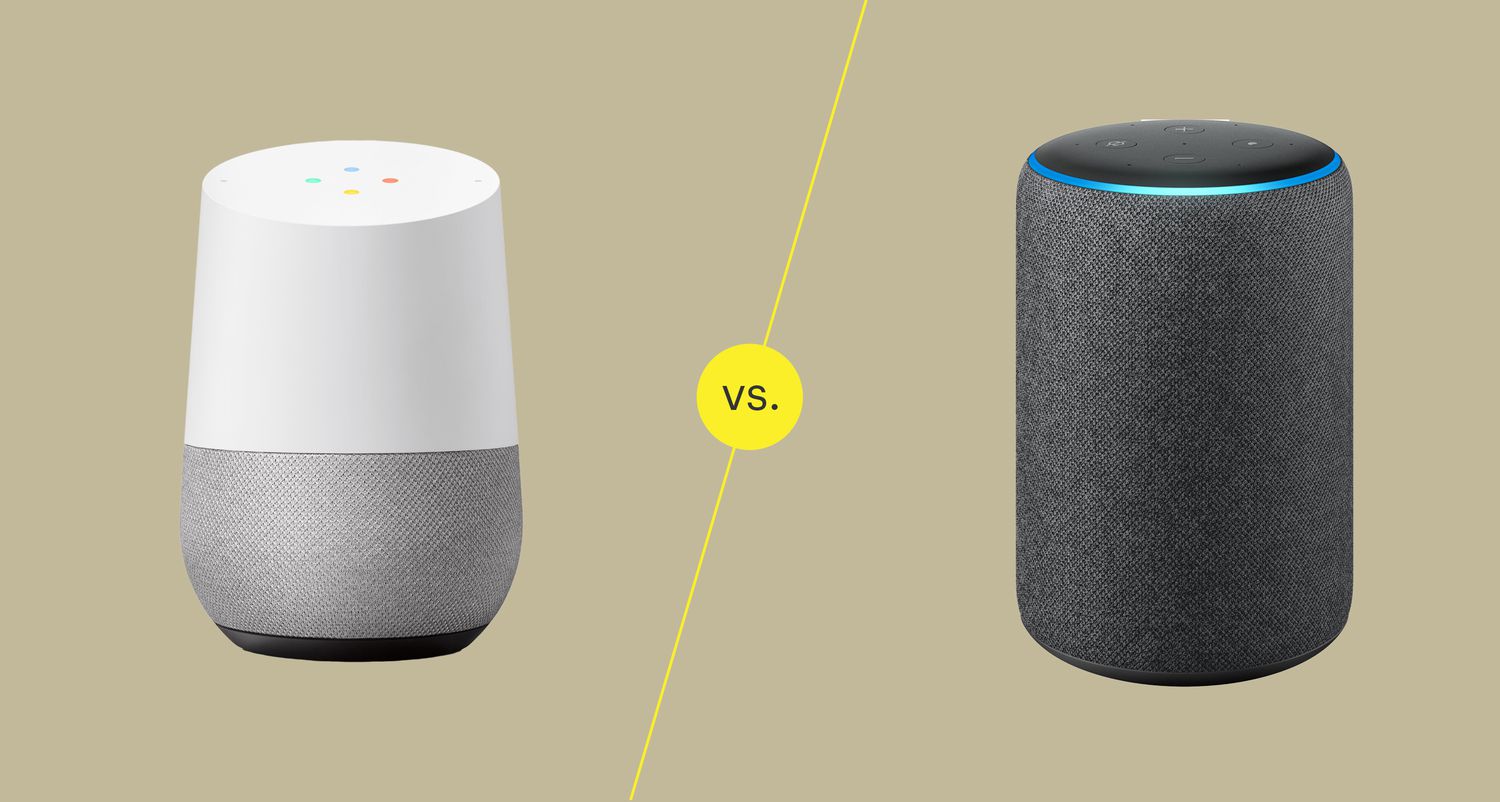
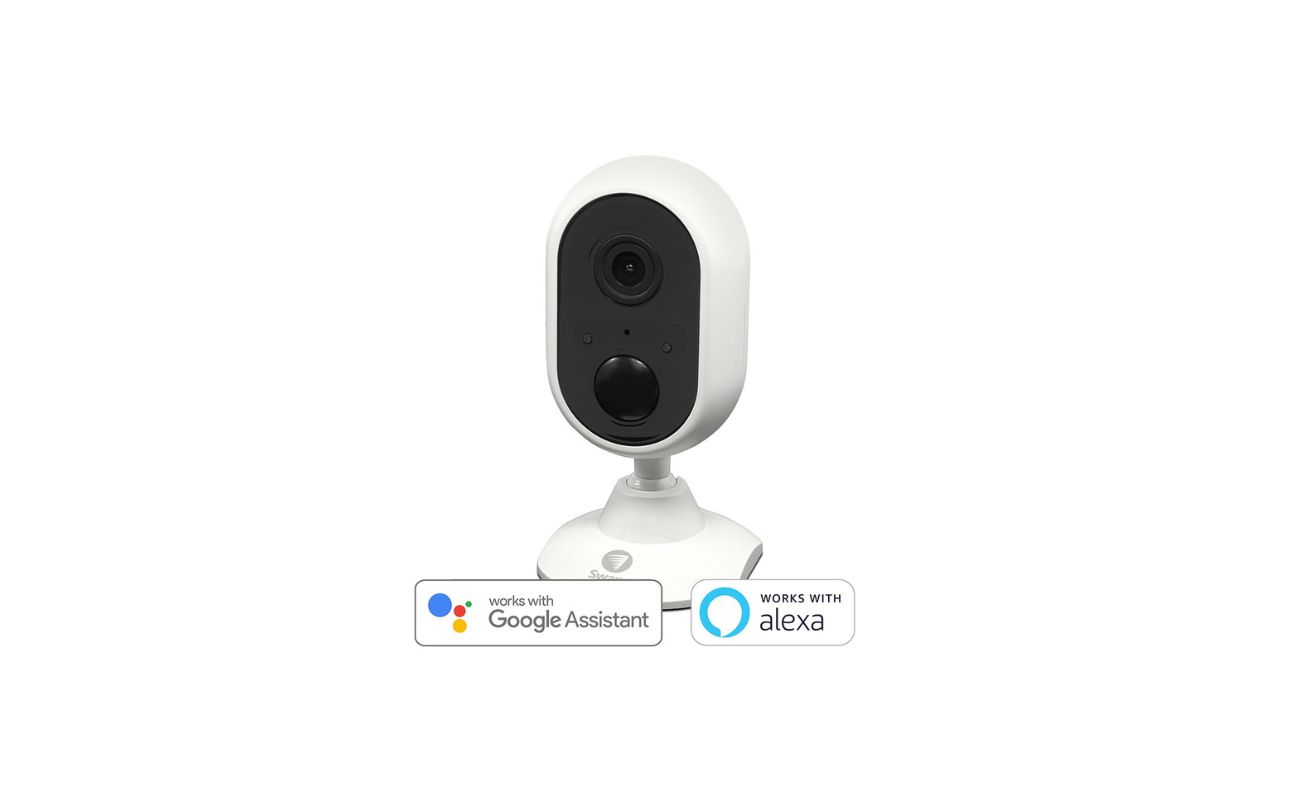
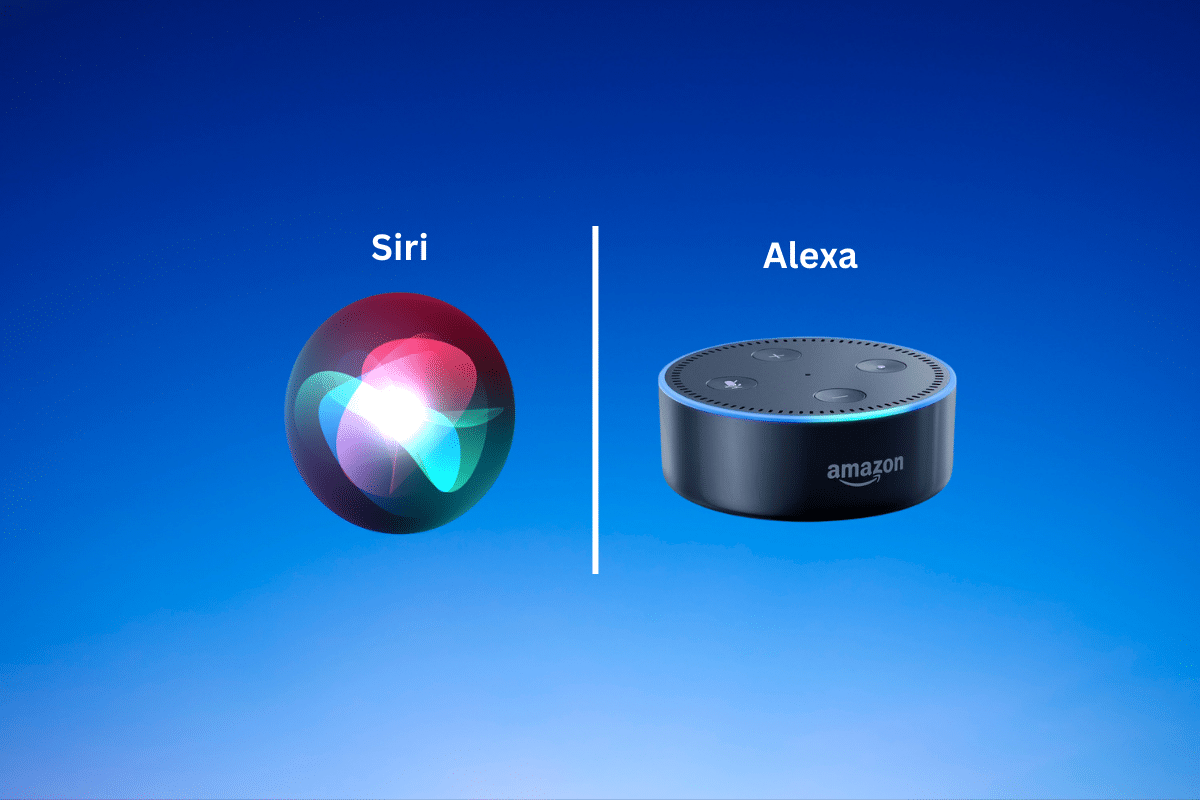
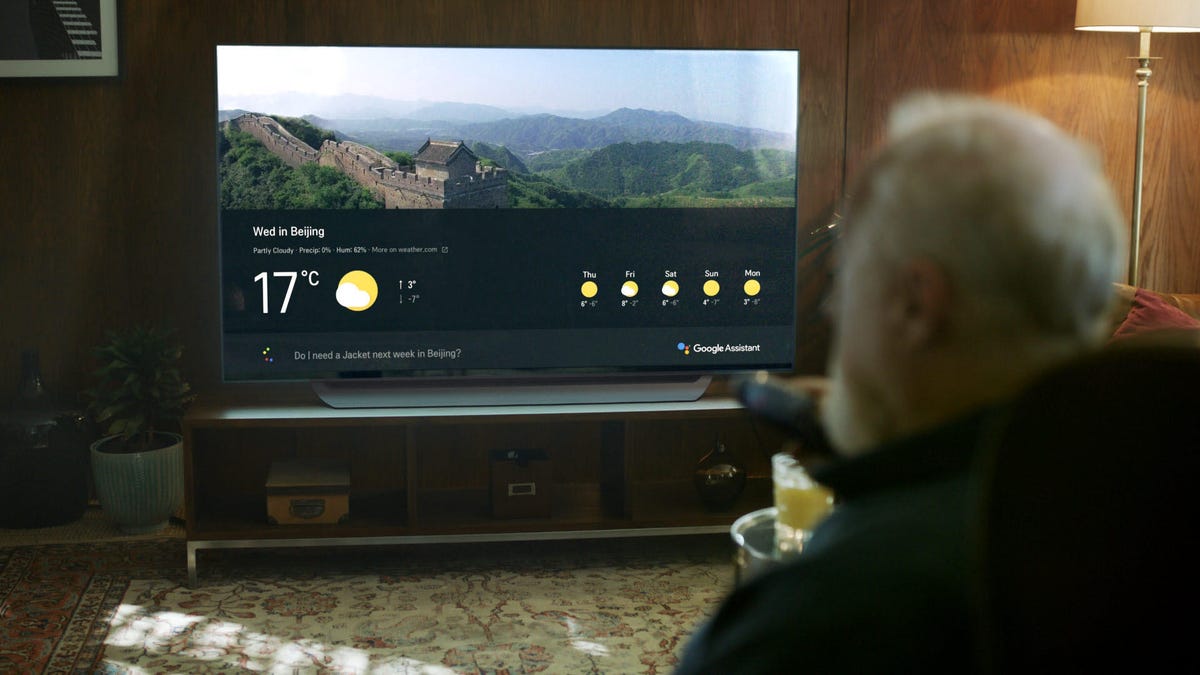
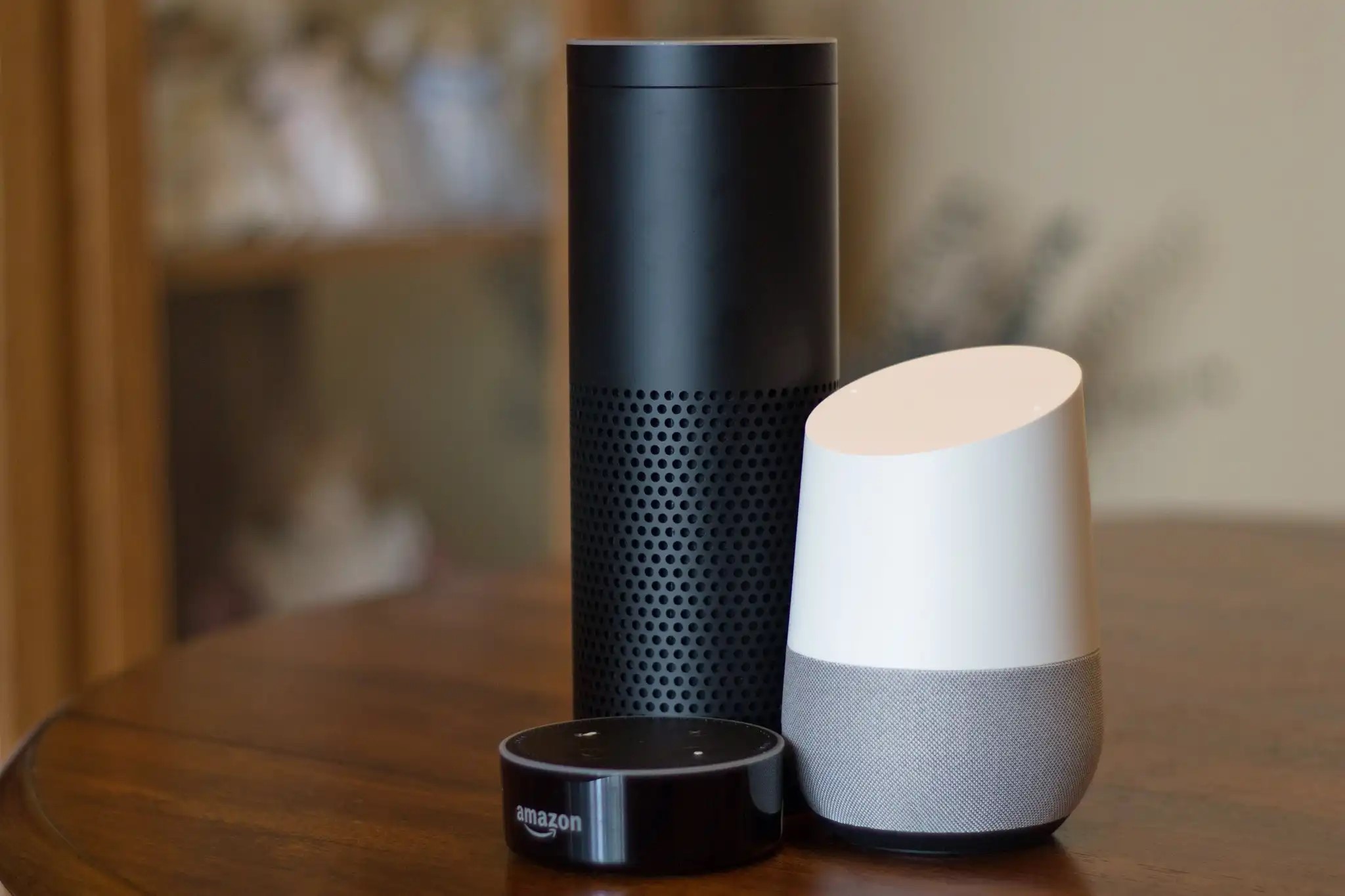
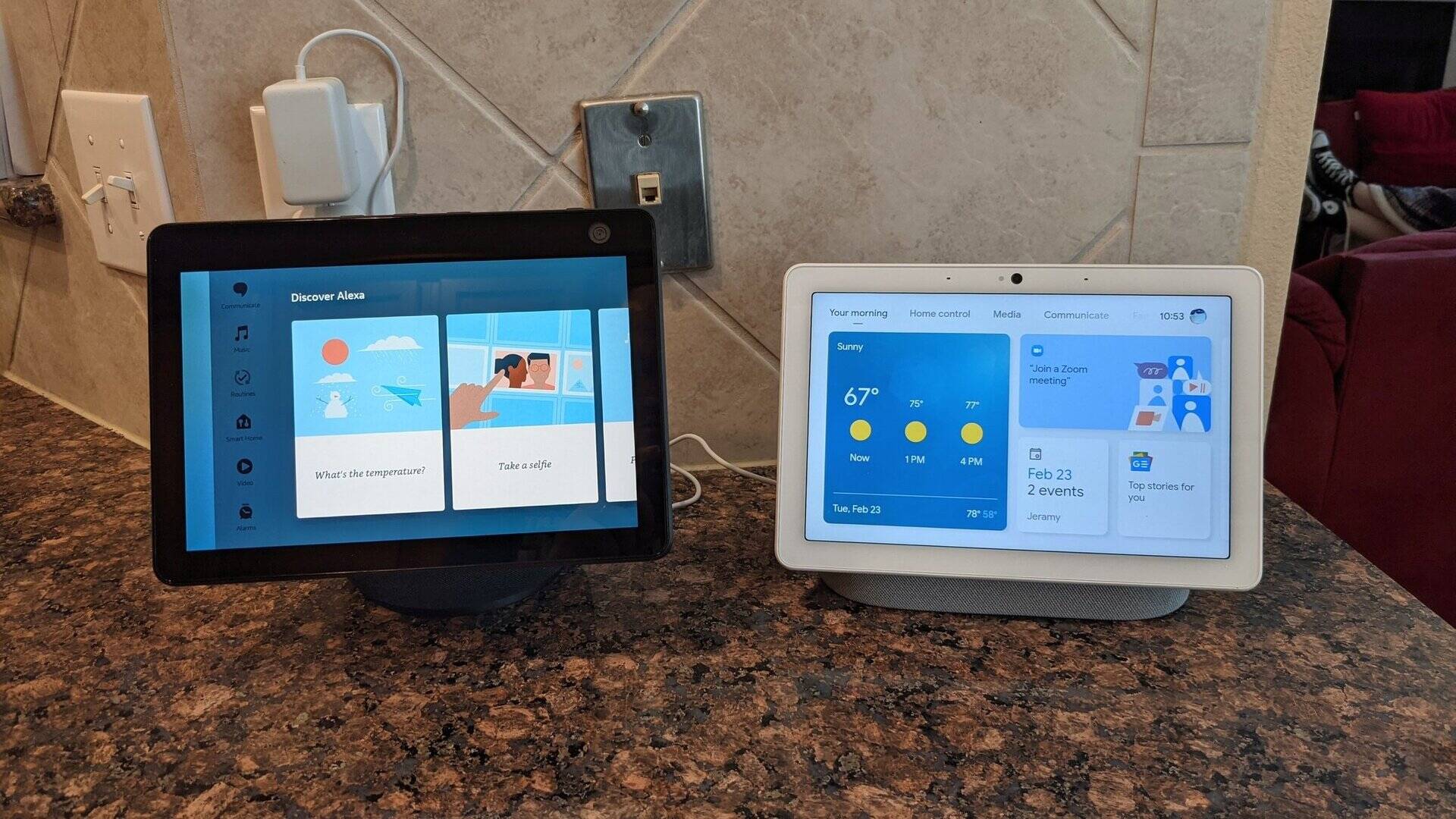
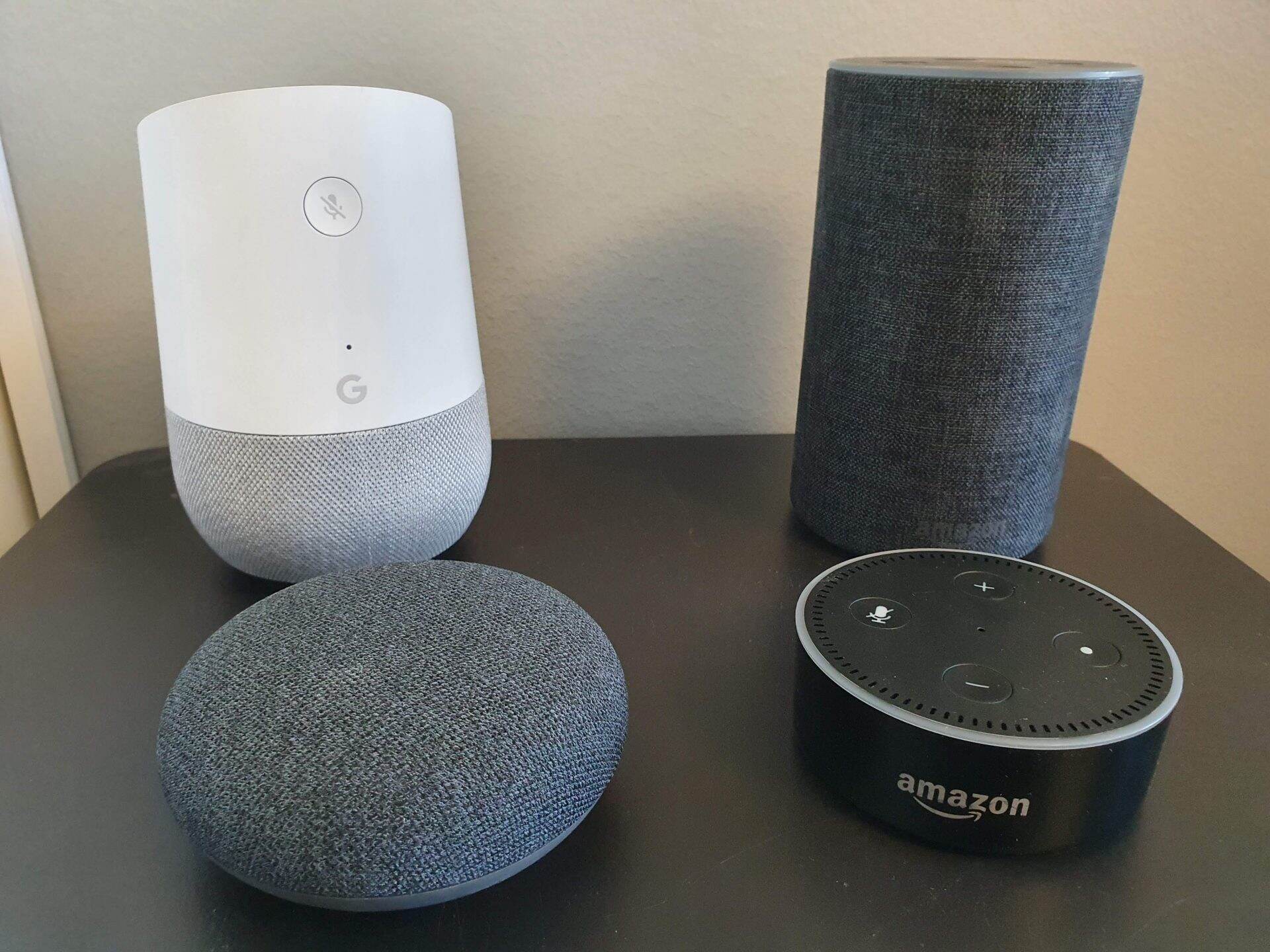
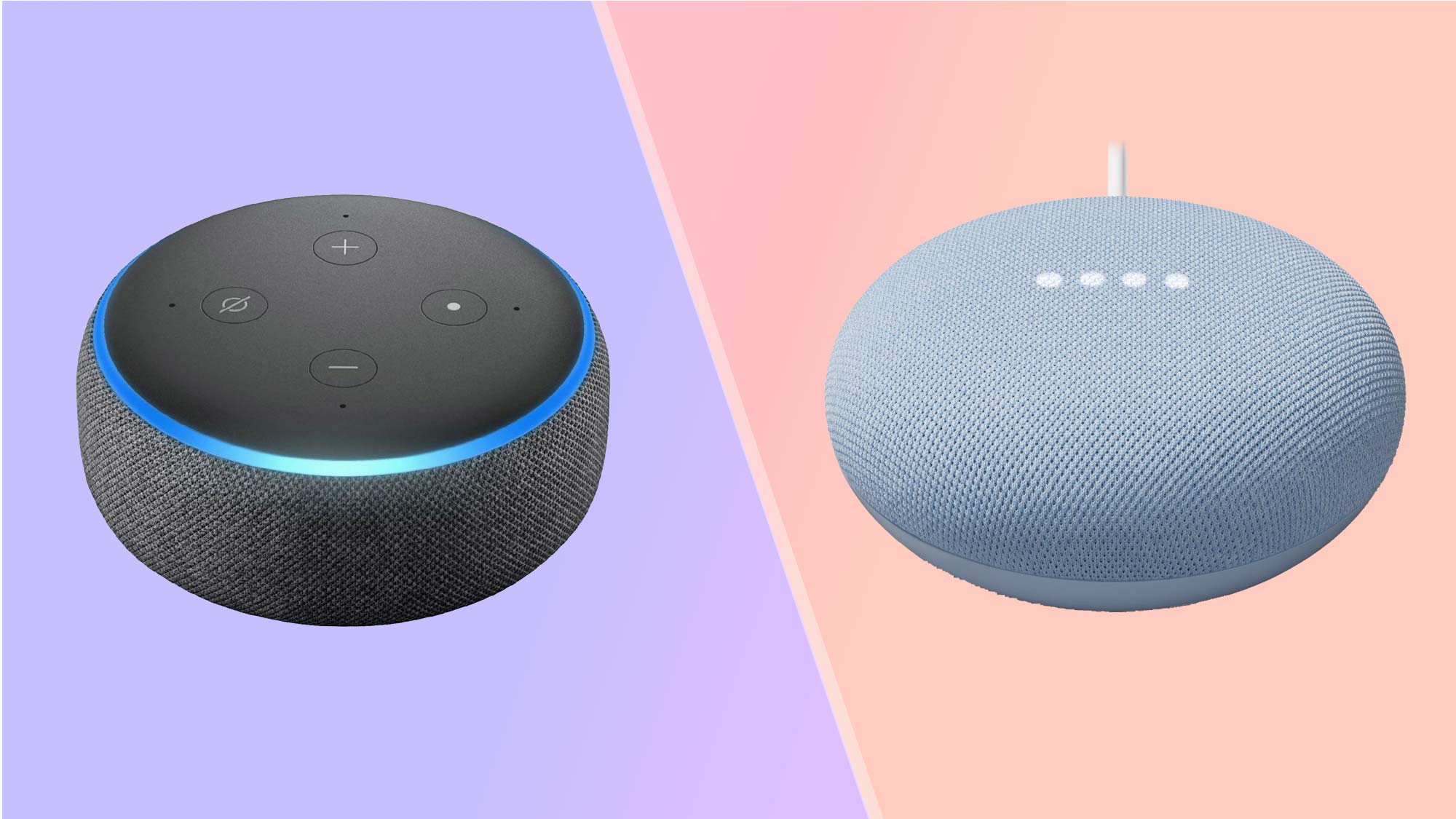
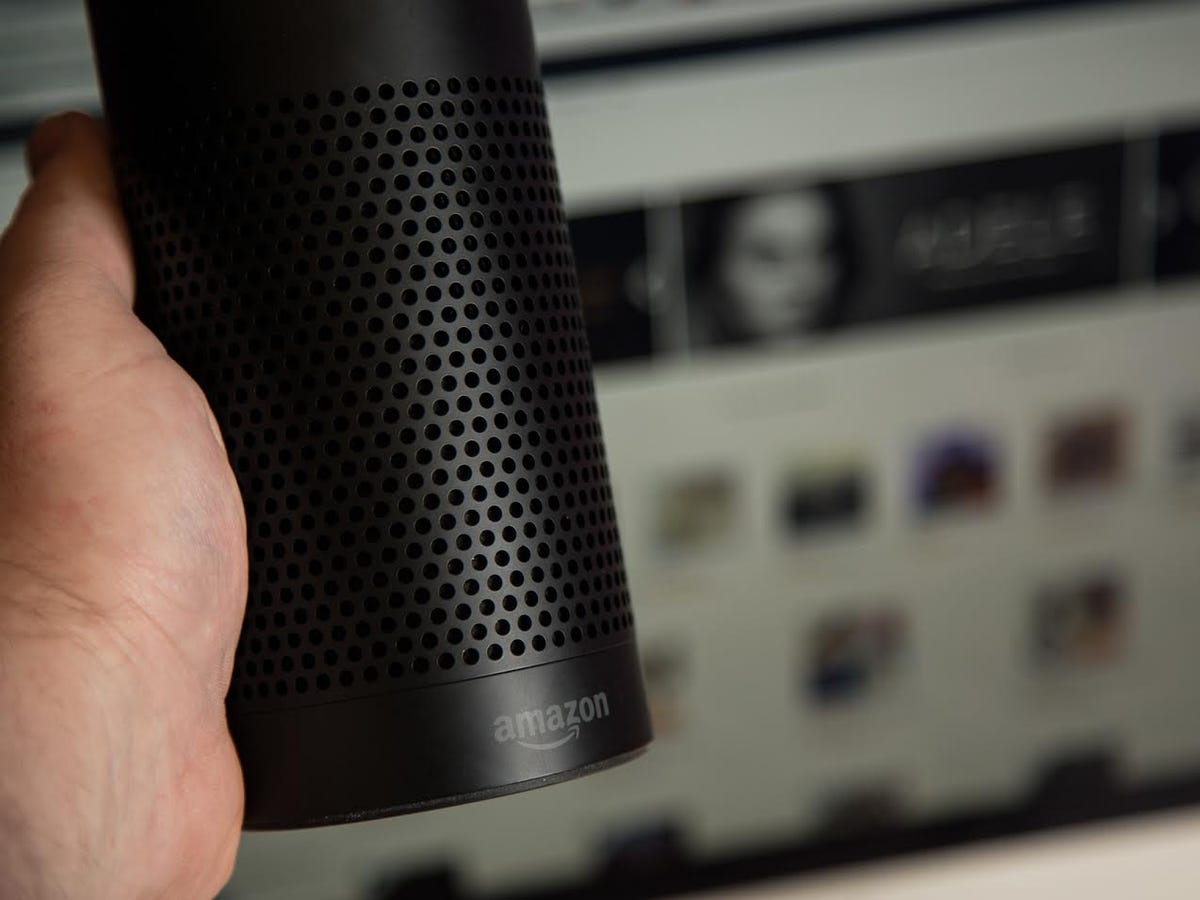
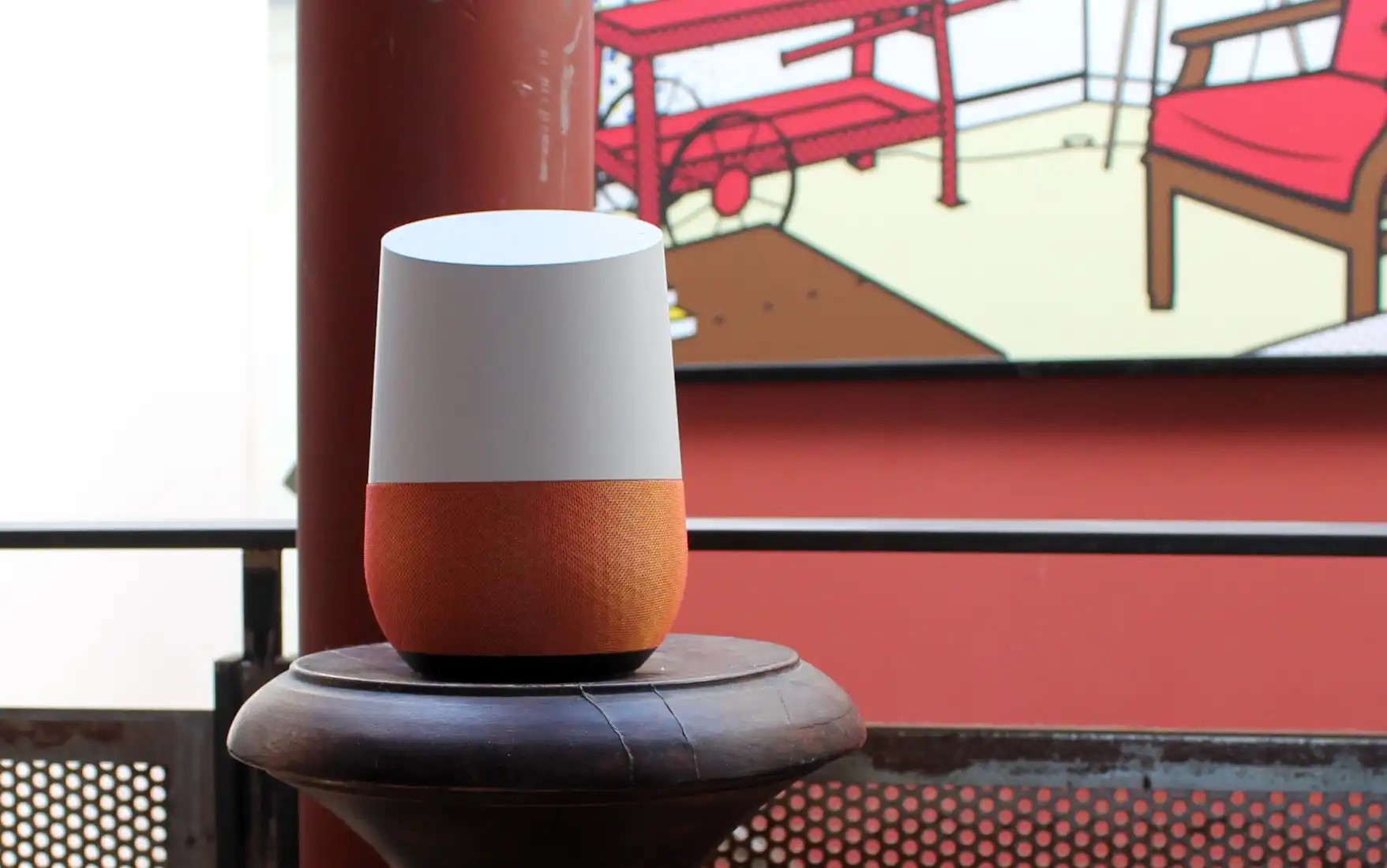
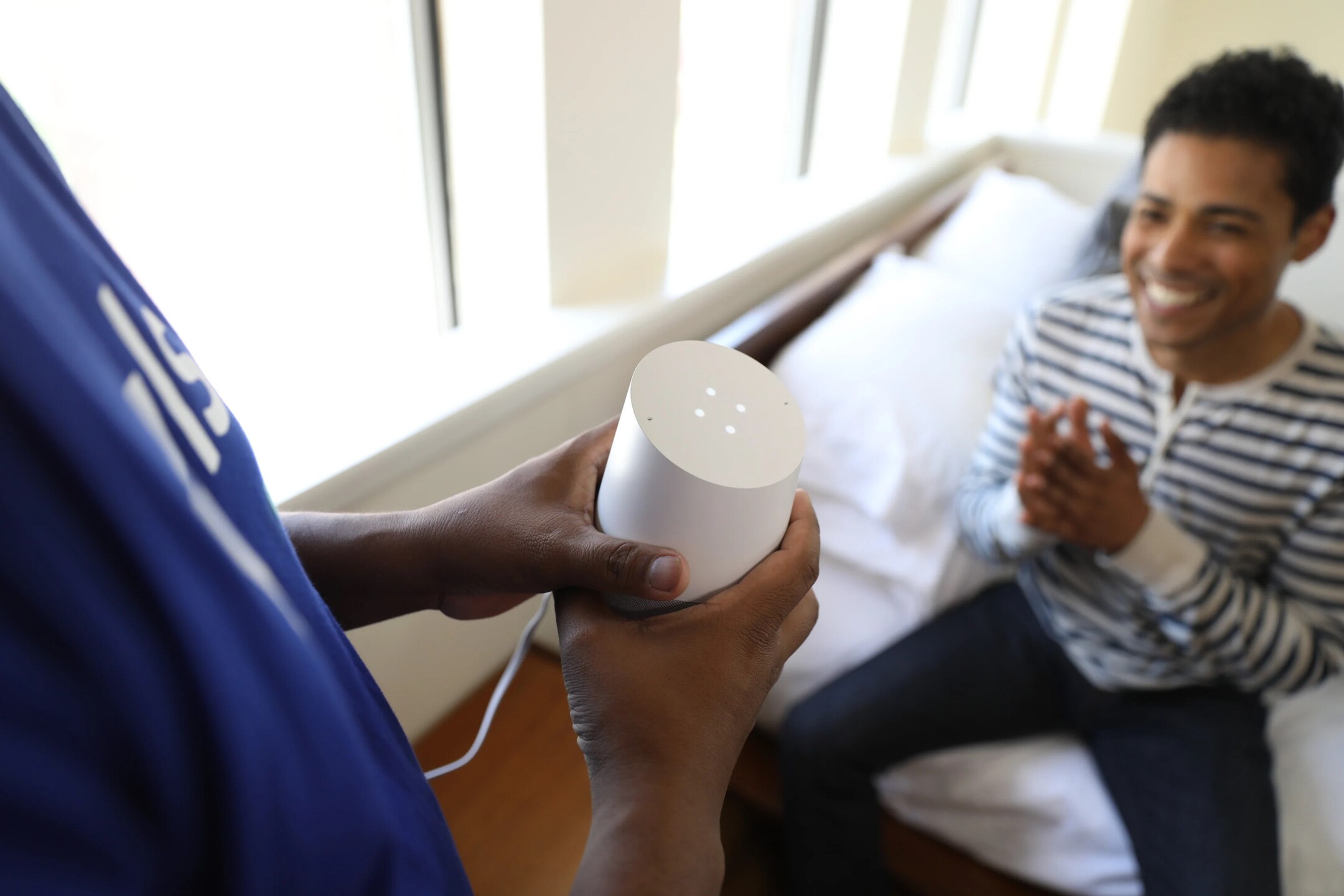

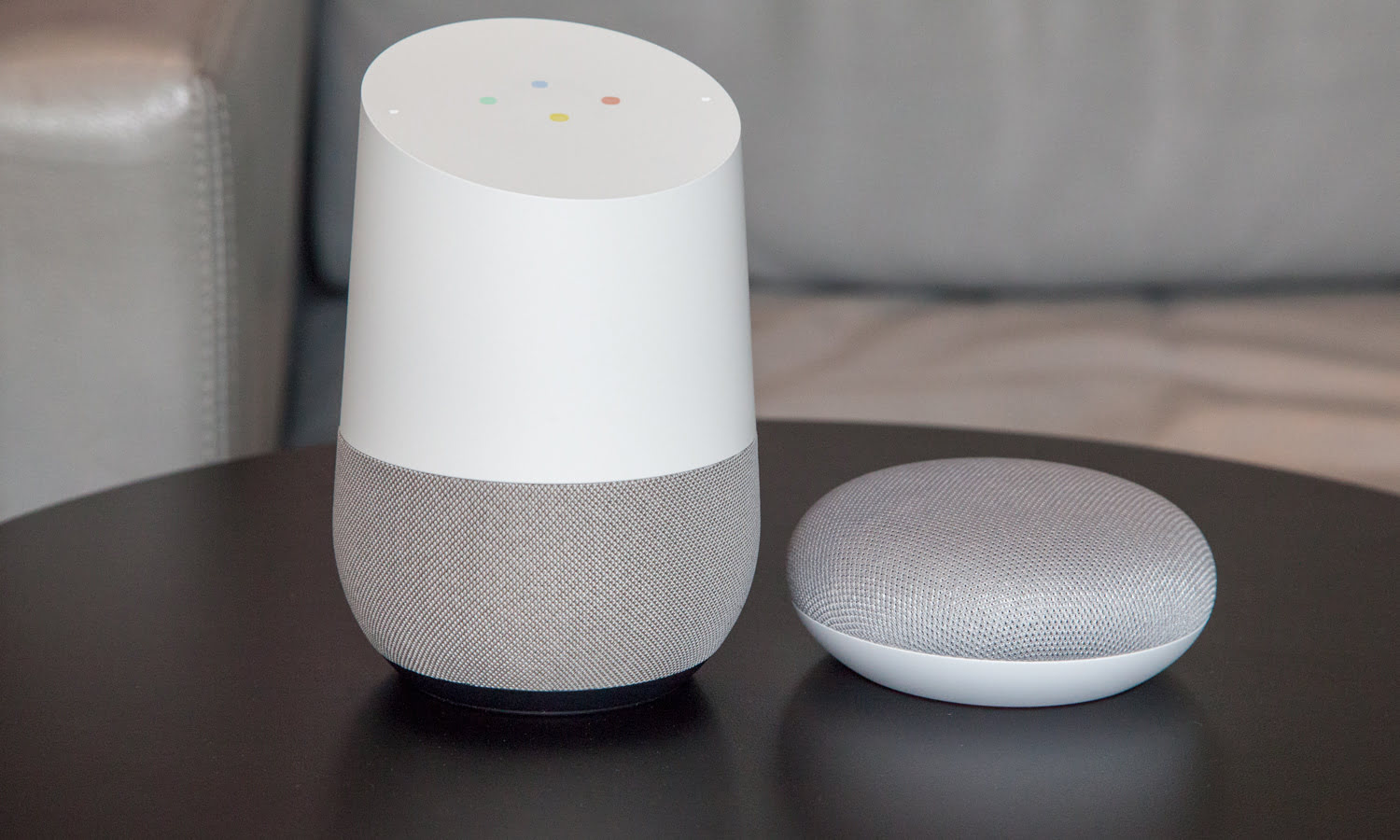


0 thoughts on “What Is Better: Alexa Or Google Assistant?”